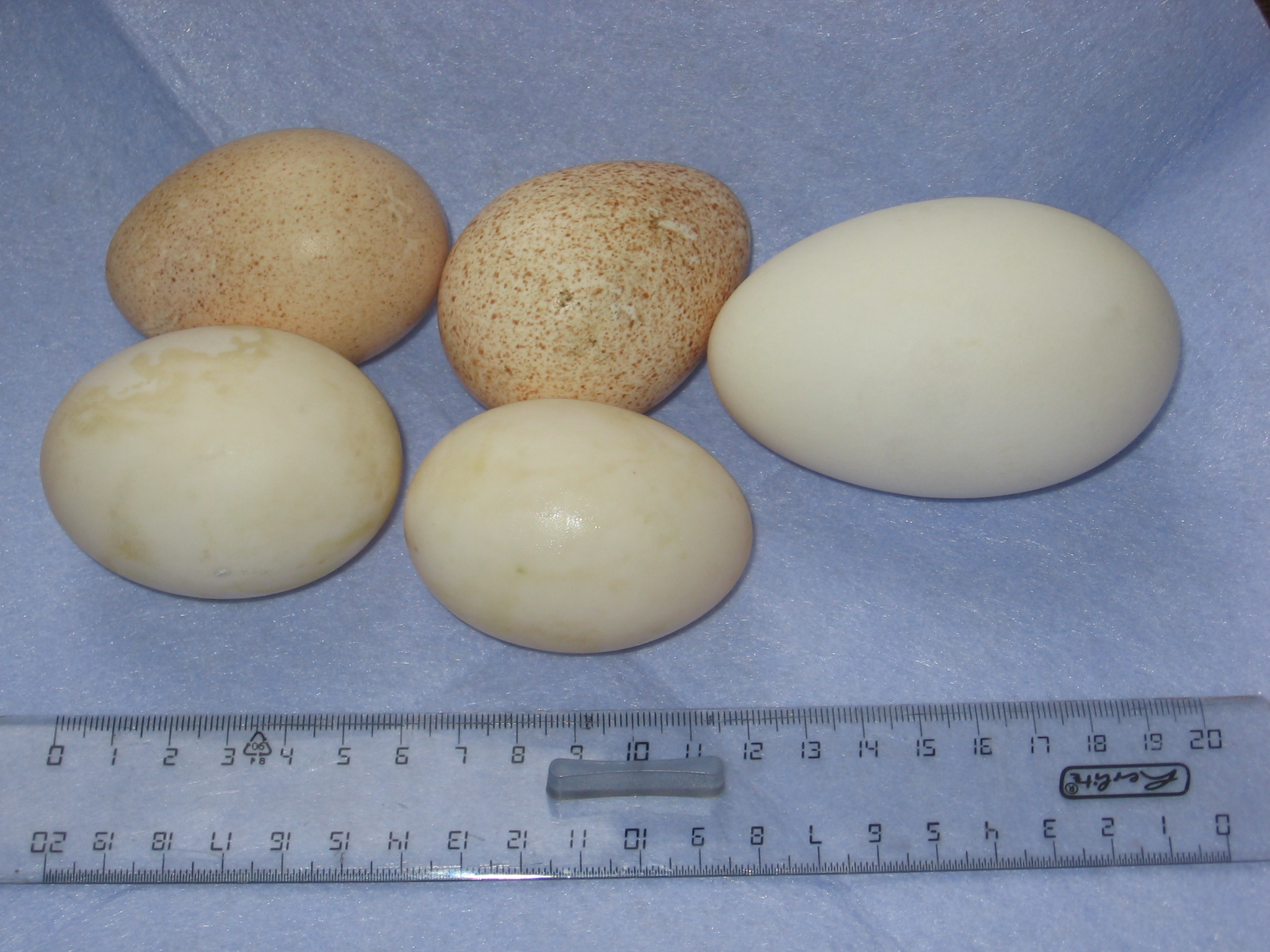New Study Reveals that Eggs Consumption do not Increase Risk of Heart Diseases

Neucrad Health News desk January 24, 2020
There is a prevalent notion in the society that consumption of eggs can increase the cholesterol level in the blood, which, in turn, enhances the risk of cardiac ailments. It makes many health-conscious individuals ditch the energy-rich eggs from their diet. However, recent researches in this field suggest that consumption of a single egg daily does not have any adverse effect on the heart. It does not increase the chances of cardiovascular disease (CVD) or stroke. However, at the same time, people should understand that scientists have advocated limiting the consumption of eggs to a single serving. Including multiple eggs in the principal meals (breakfast, lunch, and dinner) regularly can lead to an increase in cholesterol in blood circulation, and formation of thickened, hard deposits in arteries. It has dangerous consequences, and can even lead to cardiac complications and stroke.
What type of foods do top-rated nutritionists recommend for a healthy heart?
Reputed nutritionists and cardiologists advocate health-conscious individuals to reduce saturated fats in diets. The American Heart Association prescribes the use of polyunsaturated fats as a cooking medium. It decreases the chances of artery-clogging by keeping the low-density lipoprotein (LDL) level within the standard range. According to a study by Jo Ann S. Carson from UT Southwestern Medical Centre in the United States, meat and dairy products are rich in saturated fats. It is better to decrease their consumption and use other healthy options like corn, canola or soybean oils. The nutritionists also suggested that limiting the intake of eggs to one serving per day does not increase the overall cholesterol level in blood. The energy-rich food, on the contrary, keeps you active and rejuvenated throughout the day.
What are the nutritional benefits of consuming eggs?
The United States Department of Agriculture (USDA) came up with the facts that, a single chicken egg weighing approximately 44 grams can provide you about 62.5 calories. It contains 5.5 grams protein, 4.2 grams total fat, 1.4 grams saturated fat, and 162 milligrams cholesterol. The egg is also rich in several micro and macro elements like sodium (189 milligrams), calcium (24.6 milligrams), iron (0.8 milligrams), magnesium (5.3 milligrams), phosphorus (86.7 milligrams), potassium (60.3 milligrams), zinc (0.6 milligrams), selenium (13.4 micrograms), folate (15.4 micrograms) along with vitamins A, B, E, and K.
What are the commonly consumed eggs?
People across the globe manifest various food habits. Eggs consumed by them depends on the edible birds present in the locality and their eating habits. Here are some common eggs used as food.
Chicken Eggs

Duck Eggs

Quail Eggs

Turkey Eggs

According to the research study, if you consume one egg a day, you may remain energised and active for a healthy life. Although so many other risk factors are associated with cardiovascular disease. Consult with your physician for your preventive measures of cardiovascular diseases.









